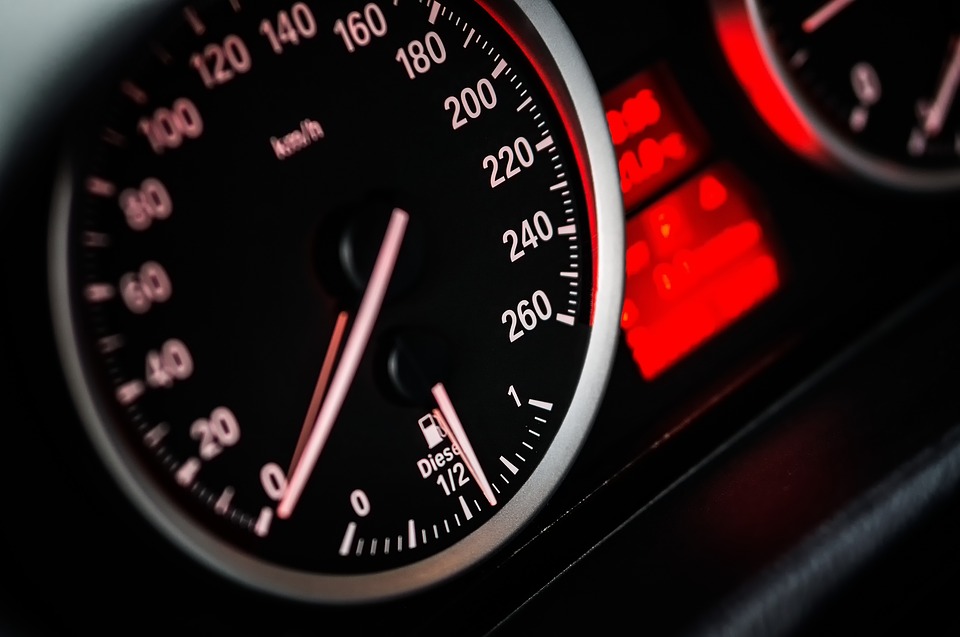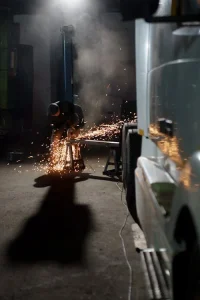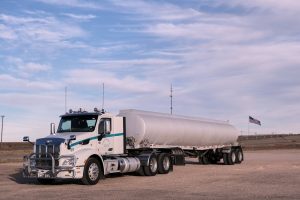Depending on our daily needs or a change in our lives, we all want to buy a car quickly.However, when the day comes when we find ourselves in front of the dealer, we are hesitant: “Which brand should I choose?”, “Is it too slow or too fast?”, “How much will it consume?” … All these unanswered questions lead us, once the car is purchased, to doubt our own choice. So to avoid any disappointment, here is everything you need to know before buying a car.
The Consumption of the Vehicle
This will depend on the car’s engine or “heart” that makes it start. The engine works by converting the gas in the fuel into energy, which allows the wheels to move. In general, the engine runs on air and burns fuel, so it has two kinds of power supplies: either gasoline or diesel. Diesel engines have a high air compression system that creates high temperatures to ignite the air/fuel mixture, while gasoline engines use spark plugs to start the mixture.
Why Is This Little Course in Mechanics Necessary Before Buying a Car?
For the simple and good reason that it allows establishing the quality-price ratio of the consumption, the price of diesel is different from that of gasoline, and diesel contains more carbon than gasoline. Moreover, diesel engines consume less. Still, gasoline engines do not require “pre-ignition” to start, etc. Therefore, it will be easier for you to make a list of benefits and disadvantages between a Mercedes 30 CDI (diesel) and a BMW 840i Gran Coupe (gasoline).
The Speed of the Car
Apart from the fuel, the engine power is also to be considered.
First, there is the engine speed, which is called “engine speed”. It is measured in revolutions per minute and radians per second and varies between 600-900 rpm in neutral and 5000-8000 rpm at full speed.
Then there is the “engine torque,” which is the force of motion created by the engine’s rotation. Closely related to engine speed, combining these two elements is the basis of your vehicle’s speed and acceleration. That is, the higher your engine speed, the higher your engine torque.
However, there is a third factor in determining the speed of a car: the size of the cylinder. This is the object located in the engine to absorb the energy produced by combustion between the fuel and the air. It plays a crucial role because the bigger it is, the more it allows the air and fuel to be necessary in the engine. This will enable the car to run even faster. So, if you are concerned about the speed of a vehicle, check the rpm, then ask about the engine torque, ask about the width and number of cylinders, and then you can go on to your purchase.
The Engine System
There are several types of engines, but it would be more ingenious to focus on the hybrid engine and the electric motor. As the name suggests, the electric motor needs electricity to operate. Unlike other engines that run on fuel, the electric motor uses a battery to recharge when it runs out of power. This way, you won’t spend any more on fuel, no need to calculate either diesel or gasoline for your short trips.
Moreover, there are two types of hybrid engines: the simple hybrid engine and the plug-in hybrid engine. The simple hybrid engine does not require external electrical power to start. It uses a battery that stores electricity through car rides or by recovering the energy created by the braking system. Rechargeable hybrids use a larger battery that runs on fuel and power simultaneously. When the electricity stored in the battery runs out, the fuel takes over. So it will be easier for you to tell the difference between a Citroën DS5 Hybrid and an Audi e-tron 50 quattro (electric).




